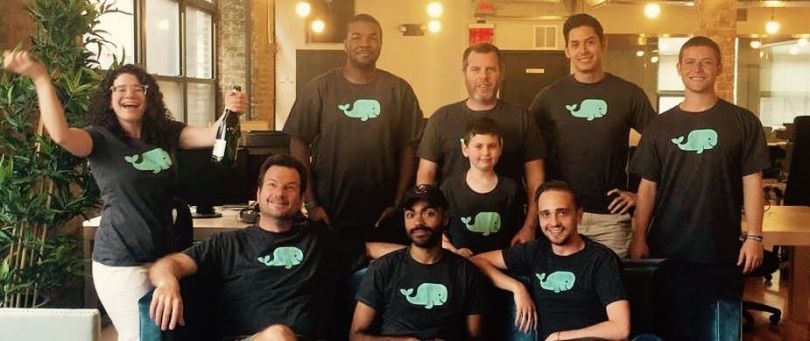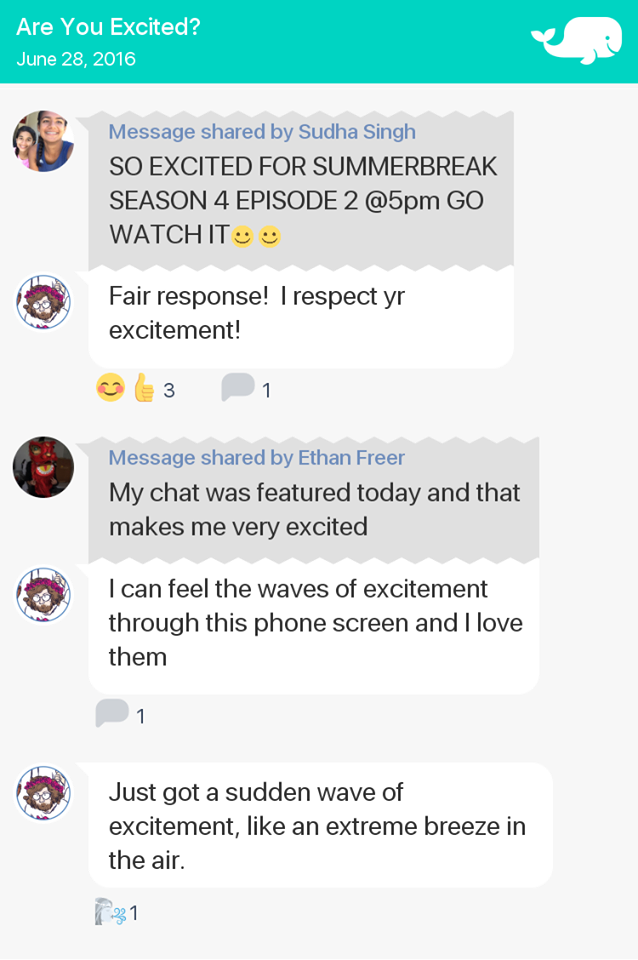
Jack Dorsey could learn a thing or two from Public.
Like Twitter, the NYC startup operates on the understanding that millennials want to share and receive information and ideas instantly, and publicly. But back and forth, isolated tweets only reach so far, and for so long. Imagine if those tweets became conversations, both systematically and organically curated to satisfy your true social media desires.
This is the core idea driving Public, a group messaging app with an audience. Almost like a live transcription of a podcast, Public chats allow users to follow conversations on a variety of topics in almost any community in existence, from Queer Representation in Pop Culture and Black Art & Literature to Paranormal Talk and “Kinkchat” (exactly what it sounds like). If it’s not on Public yet, users can start their own chats.
Similar to apps like Twitter and Instagram, there are two ways to engage with Public: actively (the "chatters") and passively (the "viewers"). More passive users simply follow conversations, anonymously, while active users lead them.
Public also generates its own chats, and decides who the chatters are. They choose based on those whose thoughts and dialogue it thinks users will find most interesting. Many of the chatters in the Queer Representation chat, for instance, are TV reporters that tend to zero in on queer storylines. In Kinkchat, some of the chatters are photographers and writers who work in the adult film industry.
User-generated chats might just feature a group of friends chatting with each other, opening up their conversations to the public. More popular user-generated chats range from Living in NYC: Good/Bad/Ugly to Let’s Talk Pokemon Go!, many of which have already garnered thousands of views in Public’s tiny lifespan of just over one month.
Passive users also have the freedom to mouth off in a separate comment section of every chat. They can submit pictures and questions to the public chat if they want, but they must be approved by the chatters before they're posted. Users can even request to join the chat as a guest for 24 hours.
“Really it’s kind of a community for anything that you want it to be,” Public editor Dio Anthony said.

Public has seen by far the greatest traction in its Summerbreak chat, featuring the stars of a YouTube reality show following a group of LA kids. Since Public’s launch on June 17, Summerbreak has received over 219,000 views.
Like any promising startup, Public is taking note of this success and gearing the app toward the audiences that have quickly and enthusiastically signed on and continue to actively participate.
“One of my favorite chats right now I actually started, called Tell Me a Secret. Basically just people telling secrets that they otherwise wouldn’t tell. The element of the voyeurism and showmanship of it, I feel like, from a millennial perspective, really attracts people,” Anthony said. “It’s kind of like gaining access to someone's phone in a way. Once you're on it, if you’re in a chat that’s just engaging, you’re speaking back and forth, you’re not really filtering yourself."
They’re currently developing a new interface that brings in discovery, to help users discover chats catered to their interests.
Avner Ronen of Boxee founded Public, receiving seed funding from Bloomberg Beta, Box Group, Homebrew, I2BF and Lowercase Capital and angel investors from the tech and media space. The company has raised $2 million total to date.
Know of a company that deserves coverage? Let us know or tweet us @builtinnewyork.



